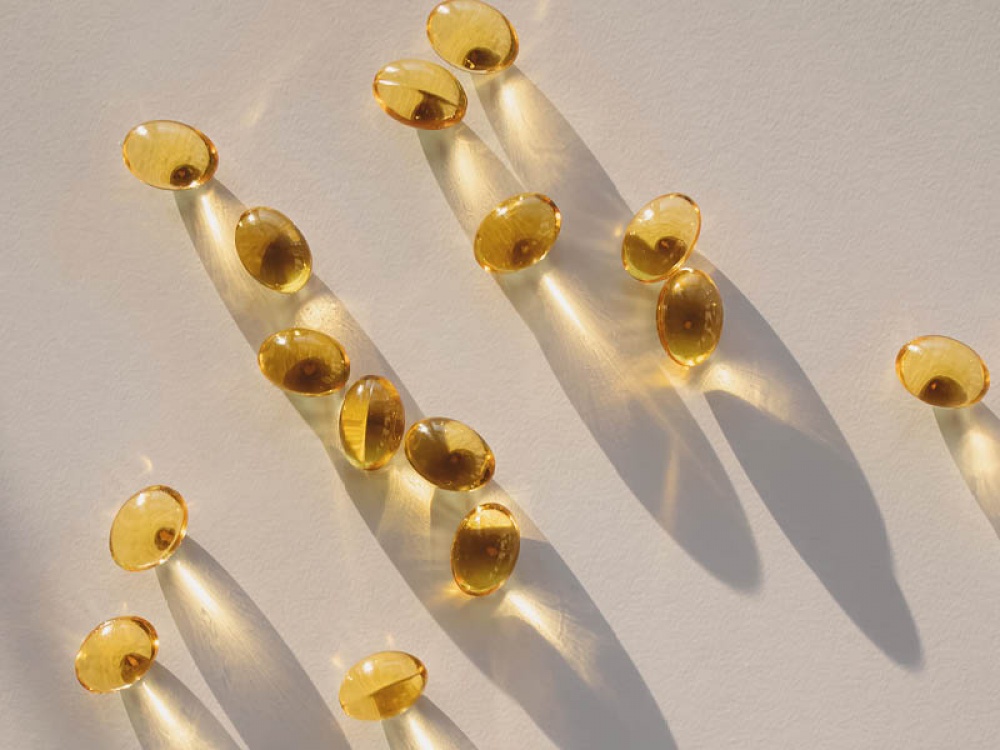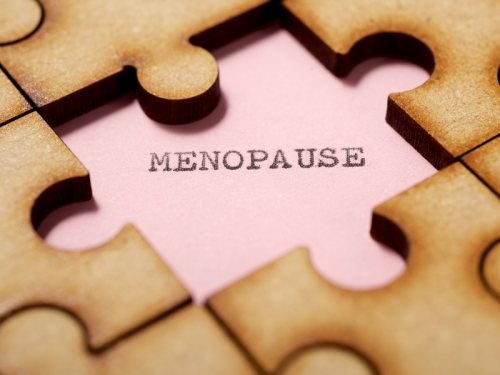Should We All Be Taking Vitamin D this Winter?

In short: yes
Article Updated February 2025
There are a few tell-tale signs of vitamin D deficiency that you should look out for. The first is regularly getting sick: vitamin D plays an important role in regulating the immune system, so it’s thought that a lack of it could make you more susceptible to infection, particularly respiratory tract infections. Basically, if you are in a constant battle with coughs, colds and sore throats, it might be worth a closer look. The second is fatigue. This isn’t the same as being tired: if you are over-working or trying to function on eight coffees instead of eight hours of sleep there are probably other issues at play. However, if rest and extra sleep don’t seem to be making a difference, a lack of vitamin D could be to blame.
The most serious indicators of a vitamin D deficiency are musculoskeletal problems: in other words, aches and pains. Symptoms such as lower-back pain occur because vitamin D is responsible for controlling the amount of calcium and phosphate in the body, a lack of which is detrimental to bone health. In the long term this can have serious consequences, and contribute to diseases like osteomalacia, osteoporosis or even cause rickets in children.
Vitamin D deficiency is linked to a whole host of other health issues. A recent study in Australia has even suggested that low vitamin D levels could increase the risk of cardiovascular disease, and there are more and more studies exploring connections between vitamin D deficiency and mood disorders like depression. A couple of studies have suggested that, although we don’t know if vitamin D can prevent cancer, higher levels of vitamin D do seem to be associated with reduced mortality.
‘For most of us, a vitamin D deficiency is eminently preventable’

Having said that, the first thing to know about the relationship between health and vitamin D is that there’s a lot we don’t know. It might not be the cure-all vitamin we’d like it to be, but we do know that getting enough vitamin D is important.
If you suspect that you are already deficient, you should go to your GP. Thankfully, for most of us, a vitamin D deficiency is eminently preventable. Between April and September, we can get most of the vitamin D we require from spending time in the sun. It doesn’t take much, for the majority of people 20 minutes outdoors at lunchtime will do the trick. Food can also help, with oily fish being a particularly good source, but it is rarely sufficient. It’s between October and April, when daylight is rationed, the NHS recommends that most of us should be taking a vitamin D supplement.
Once you have decided to try a supplement, there are two types of vitamin D that you will see on shelves: D2 and D3. They have slightly different molecular structures, but the main difference is that D2 is derived from plants and D3 from animal products. The ideal supplement contains D3, because it is more easily absorbed than its D2 counterpart. D3 is suitable for vegetarians but, as it can either be derived from lichen or wool, vegans might want to do their research before deciding on the right supplement for them. Vitamin D3 is often found with vitamin K2 in its highly effective Mk-7 form which basically means that this synergetic blend is easily absorbed and ensures proper calcium utilisation and improved immune support.
Some might benefit from taking a vitamin D supplement all year round; if lifestyle factors or health issues then you may need more help than others. The amount of melanin in your skin can also affect the rate at which your body produces vitamin D, making those with darker skin more susceptible to a D deficiency.
On the other end of the spectrum, it is possible to have too much vitamin D. This won’t happen if you just spend lots of time in the sun because the body limits how much vitamin D it makes, but that isn’t the case when you are ingesting it directly through food or supplements. The consequence of overdosing on vitamin D is hypercalcemia (too much calcium). Hypercalcemia is serious and can cause damage to the bones, kidneys and heart, or can even be fatal if it goes untreated.
This shouldn’t put you off though. The recommended limit for an adult is 100 micrograms (ug) of vitamin D per day which you might also see written as 4,000 IU, but most people only need 10ug a day (400 IU) unless you have a medical condition that affects your tolerance. Consequently, it might seem surprising that most supplements seem to contain more than that. Patient UK explains that vitamin D is a ‘fat-soluble’ vitamin, so your body can store it for months and you don’t need it every day, in other words, ‘you could equally safely take a vitamin D supplement of 20 micrograms a day or 500 micrograms once a month’. If in doubt, ask a pharmacist or GP, but as long as your dosage averages out to the right amount, you will be fine. More than fine actually, you might just feel a lot better.
Vitamin D, Three Ways:
The best sources for your daily vitamin D













